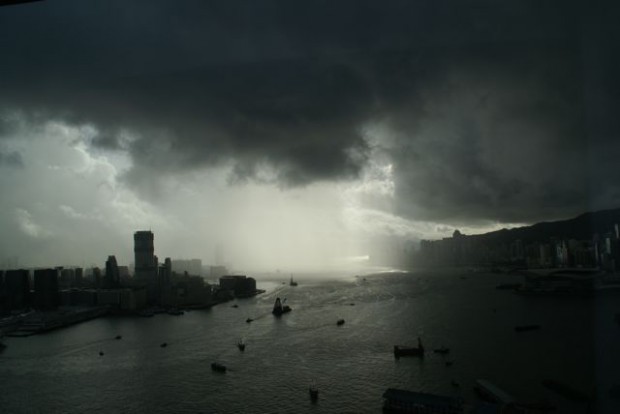On July 27, the HKEx announced that “it was minded to exercise its power” to cancel the listing of China Oriental Group within a period of six months, due to the company’s insufficient public float. This, however, was only the latest step in a rather long saga, which illustrates to a tee not only that the exchange’s minimum free float rule actually serves little purpose, but also how incredibly slowly the regulators can move to make decisions in the city, thereby hurting both institutional and retail investors.
China Oriental is an integrated iron and steel conglomerate based in the PRC. Its products are mainly sold to downstream Chinese manufacturers, who then make billets and strips for the construction industry, as well as machinery. The company also produces H-sections and cold-rolled and galvanised sheets. The sector has of course suffered from significant over-capacity in recent years, but that’s not really the issue at hand.
The group was listed in Hong Kong in an IPO in 2004. Three years later, ArcelorMittal became a strategic partner and took a significant shareholding in the company.
Following a general offer by ArcelorMittal in 2008, the latter ended up owning around 47% of China Oriental, with 45% held in turn by Han Jingyuan, the chairman and CEO.

That’s when the company’s troubles started in earnest, as it fell foul of the exchange’s rules, which stipulate a minimum free float of 25% for listed companies — except for those with a market capitalisation of at least HK$10bn (US$1.3bn) that is, for which between 15% and 25% only may be placed in public hands, presumably on account of the liquidity such a large amount creates.
ArcelorMittal subsequently sold shares in China Oriental to ING and Deutsche Bank, with a view to remedying the free float issue. As part of these two transactions, ArcelorMittal also granted the banks put options entitling them to sell the shares back to itself.
The put options expired in April 2014, at which time trading in the shares was officially suspended. The free float was only 7.9%, well below the 25% requirement, and valued at HK$269m.
ArcelorMittal then extended the put option arrangements, with Macquarie Bank replacing Deutsche Bank alongside ING, as the shares remained suspended.
No way out
In a bid to address the conundrum posed by the company’s listing, the independent non-executive directors of China Oriental applied to the takeover panel for a formal ruling that a mandatory general offer had actually been triggered by ArcelorMittal, but this was rejected in October of that same year, and the decision was upheld in October 2015 — which now takes us to the recent announcement by HKEx that it had finally decided to commence procedures to cancel the listing.
By now, investors had been unable to sell their shares in the company for two years and three months, and it will likely be another six months with no trading before shares in China Oriental can finally be delisted.
The irony is that, in its press release, the exchange argues that, because the company has not taken adequate action to address the public float, “this denies reasonable access to the market and prevents its proper functioning, depriving shareholders of trading their shares and/or realising their investments in the market”, all when investors have actually had their shares frozen for such an unreasonably long period of time as a result of a badly thought through rule in the first place.
Shareholders of China Oriental are in good company: including issuers in delisting procedures, there are 53 companies listed on the main board in Hong Kong whose shares have been suspended for more than three months (for various reasons), pending decisions by HKEx and/or the Securities and Futures Commission, leaving only costly off-exchange transactions to unwind shareholdings or short-selling trades.
Moreover, while a free float of US$34m-equivalent is indeed low in the overall scheme of things, companies in Hong Kong can list on the main board of the exchange with an annual net profit as low as US$2.5m. Many therefore have a 25% free float worth an amount that’s actually quite a bit lower than that of China Oriental when it joined the great limbo of suspended stocks.
Of the 59 listing applications currently filed with the exchange, almost 35% are by issuers with a net profit below US$10m. Assuming an average P/E of, say, 10 times, most of these will therefore list with a free float below US$25m.
A minimum market capitalisation for the free float at listing under the exchange’s rules makes sense. Stating a minimum percentage as well most certainly doesn’t.
Philippe Espinasse was a capital markets banker for almost 20 years and is now an independent consultant in Hong Kong. He is the author of “IPO: A Global Guide”, “IPO Banks: Pitch, Selection and Mandate”, and of the Hong Kong crime thriller “Hard Underwriting”.
This column was first published by GlobalCapital.
